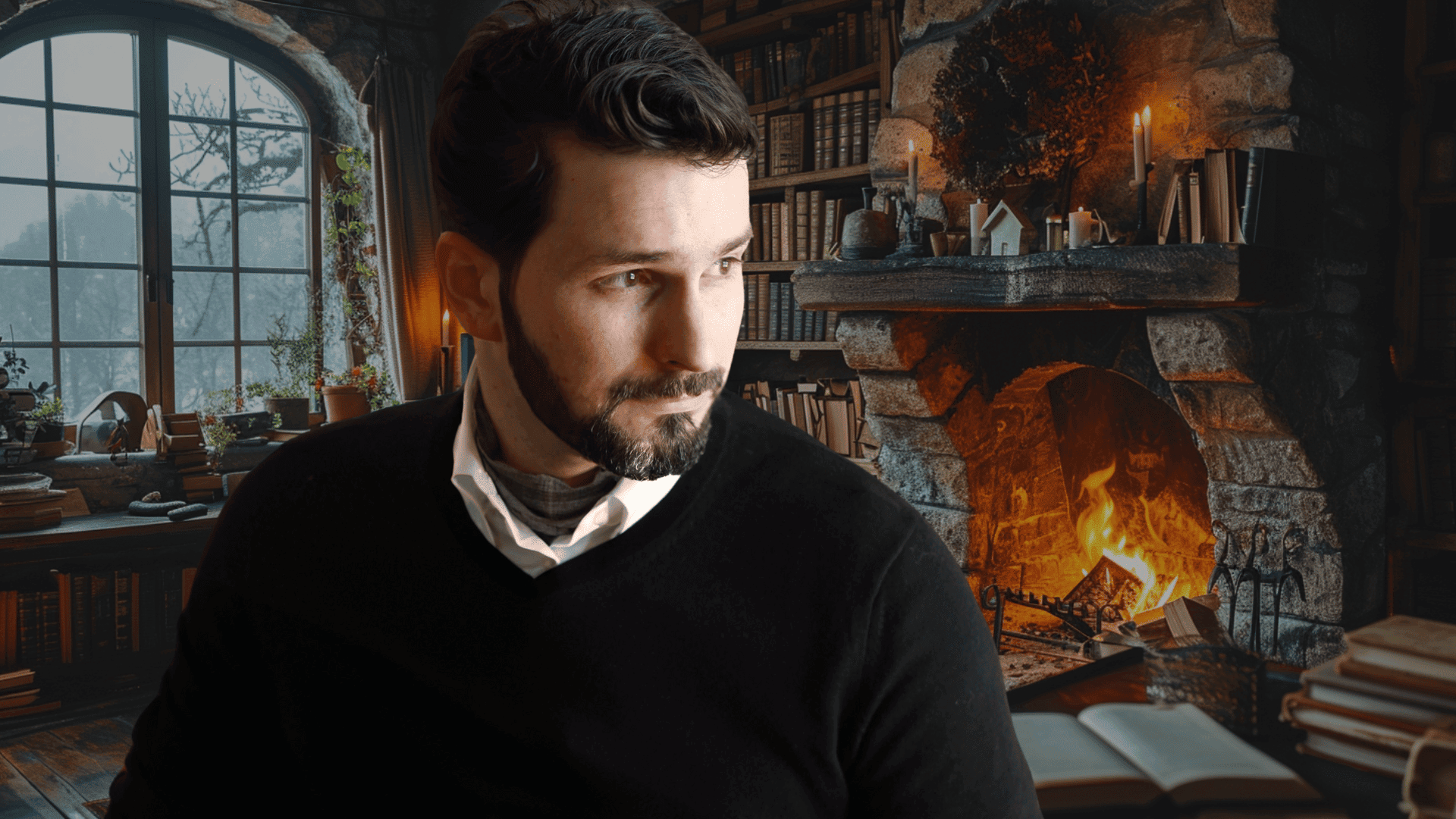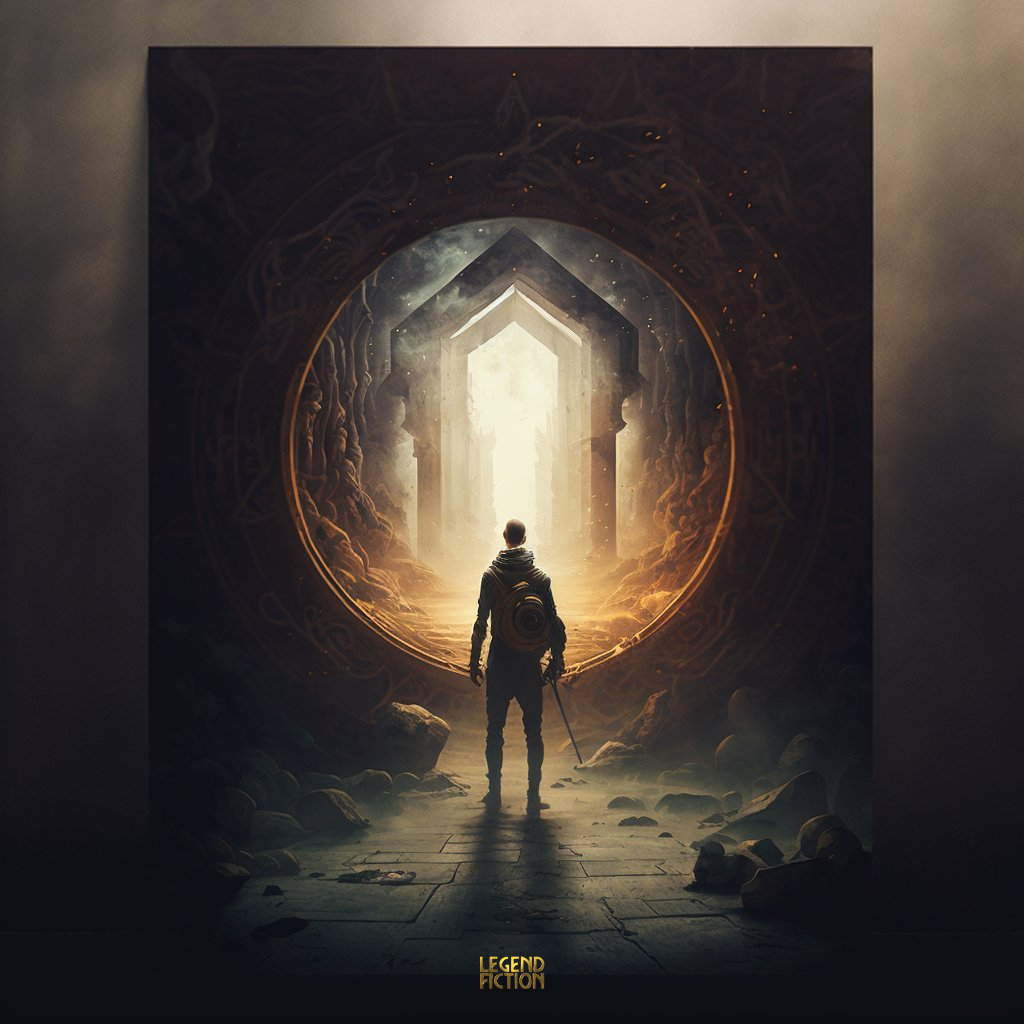I’ve used the term ‘mystic’ many times in this. It comes with all kinds of connotations, but it is a true idea.
The Church has always teetered between two pressures, the Magisterial and the Mystical Way. These correspond to the left and right brains, the logical, systematizing side and the intuitive, creative side. The sides of order, and the sides of ‘chaos’. The side of the group, and the side of the individual.
Both are needed. Both together form the full human experience.
In being a Catholic author, I’m assuming that you’re very familiar with the ‘left brain’, magisterial side of our Church. The great traditions and dogmas that every generation learns and lives and passes on.
But the ‘right brain,’ mystical side refuses to sit quietly in neat cloisters and cells. The greatest saints and doctors have also been mystics, people who sat in their cells and embarked on inner journeys into God.
This side of the Christian gospel is central – the reality that the individual absolutely matters, and God calls each into a unique relationship.
Very few are ready for it. Very few want it. Life is so much ‘easier’ when we can outsource our thinking and trust in a system. The Magisterial temptation has long served that role, and over time accrued to itself all the trappings of temporal power. (For more on this, check out ‘How the West Won’ by Rodney Stark as the best history book I’ve ever read.)
The mystical shrugs everything off, and bricks itself into a desert cell, or wanders fields at midnight in sack cloth, or forms communities to live out as radically as possible the Gospel message.
Both sides are fraught with error and temptation. Both sides are absolutely needed to keep each other in check. God speaks through and uses both. Think of the mystical prophets spurring the magisterial Hebrew nation.
As an author, it is likely that you have been born with this inner itch.
This inner ability to see things differently. To be swiftly awed at the impact of simple ideas, or to want to pull greater realities down into imagined, lived moments.
We walk the frontier between mystic and magister. Perhaps we bridge them for a new generation.
The island of knowledge is a helpful metaphor.
Everything we know forms a mass floating on an imaginal ocean. The more we learn, the larger the island grows.
And what also grows is the edge of the island. The frontier is always expanding, faceting and fragmenting the great continents of the angel and Heaven realms into matter and thought .
We Catholic authors are the water skimmers who walk these new and empty roads. Like musicians and artists, we are receptive to living hosts of hierarchies. We tune into their harmonies.
But we are blind. Their ideas foment, ferment, and flower in us. We think they’re our ideas. Not really. Not all.
Our responsibility is to follow the star as far as we are free. To be honest and true.
With our novels, we are sifting and rescuing prompts into a medium that others can forage.
Often, these ideas are bigger than a single word, or metaphor.
They take a whole world to explain. A whole adventure to paint. A cast of characters and plots to just start walking around it.
So if your idea scares you, and you’re not sure how far to go, maybe you’re right. Maybe you need to sit with it. Maybe you’re not ready to share it. Or you’re long overdue.
The process of birthing this insight and excitement is yours, and yours alone.
Authors are sub-creators, turning over and dreaming in archetypal nights of our imaginations.
Catholic authors choose to rescue those dreams into waking moments. We sleep and dream and wake and go on adventures into God.
I dare anyone to say its easy. Or simple. Its the hardest thing in the world. And the most rewarding.
Because it’s more than what we do.
Its who we are.



0 Comments